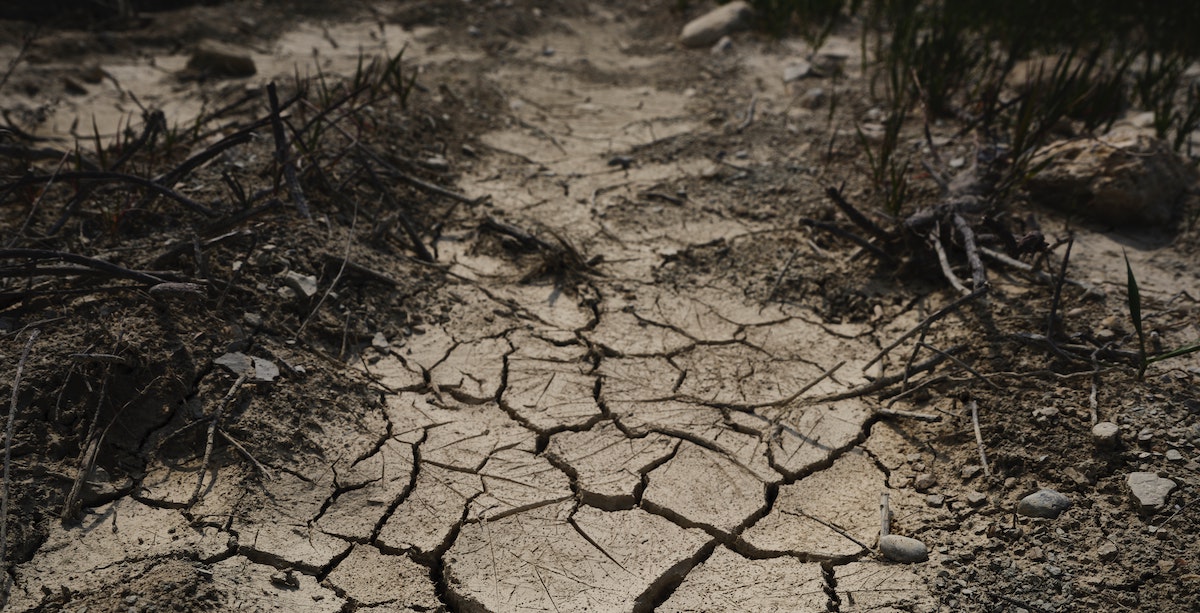No, Ben Shapiro, Air Conditioning Won’t Save You From Climate Change

Kim Stanley Robinson’s 2020 novel about climate change, Ministry for the Future, opens on a harrowing scene: a town in India is suffering under a nightmarish heatwave, with heatstroke deaths occurring daily. Frank May, an American aid worker, is ushering people to safety in his air conditioned office when the worst case scenario becomes a reality. The electric grid fails, and the power goes out.
The events that follow should strike fear into the heart of every human being on Earth. Frank and the residents of the town scramble to find a way to cool off, but between the humidity and the soaring temperature, they find themselves trapped in a pressure cooker. People jump into the town lake, only to find its water almost as hot as the air. All the children die, then all the adults. At the end of the chapter, everyone is dead but Frank—who, dying himself, surveys carnage that was completely preventable.
Robinson is known as a science fiction writer, but the scenario he describes in Ministry for the Future is already on its way. Last month, almost 100 people died when a heat wave hit the Indian states of Uttar Pradesh and Bihar. The water in Manatee Bay, off the coast of Florida, recently topped 100 degrees. As I write this, much of the U.S. is sweltering under deadly temperatures. What makes this heat so dangerous is that it’s measured by wet bulb temperatures—that is, the coldest that an old-fashioned thermometer can get when a wet cloth is wrapped around the bulb at the bottom. When the wet bulb temperature reaches 95 degrees, the human body can no longer release heat through sweat. If you’re caught in 95 degrees wet bulb for more than a few hours, you’ll die.
I hate to give oxygen to Ben Shapiro, because he’s a professional troll who revels in cruelty and gets off on being ridiculed (for context, this is the guy who recently set Barbie dolls on fire to get attention), but sometimes his stunts stumble into a teachable moment. In this case, Shapiro recently released a video offering a particularly asinine solution to climate change: turn on the AC. When I heard that, I immediately thought of Ministry for the Future.
Let’s get the obvious fact out of the way. Not everyone has air conditioning, even as it’s becoming essential for survival. Shapiro even gloats about the privilege of having access to AC. As is usually the case with people like him, the cruelty is the point.
But I think the people who do have AC are overdue for a hard truth: your AC isn’t going to save you from climate change.
The power outage Robinson describes in Ministry for the Future is yet another reality of climate change, which overtaxes electrical grids right when that power is needed the most. Last September, Los Angeles was hit with yet another record-breaking heat wave that nearly took out its power grid. Although the city managed to avoid the rolling blackouts that officials warned residents about, the grim possibilities were laid bare. What happens when, as Robinson later pointed out in an essay on climate change, the AC stops working in the midst of deadly temperatures? The answer is simple and nonnegotiable. People die.
It’s worth remembering that despite its gut-wrenching beginning, Ministry for the Future is a utopian novel. It presents a vision of a better world, as humanity starts to truly tackle the problem of climate change and figure out creative ways to avert more disaster. The final scenes of the novel are as hopeful and uplifting as the opening is dark.
If we want to usher in that utopia, though—or simply stay alive—we have to get to work. AC won’t steer us toward a better future. Only immediate collective action will.
(featured image: Engin Akyurt via Pexels.com)
Have a tip we should know? [email protected]
